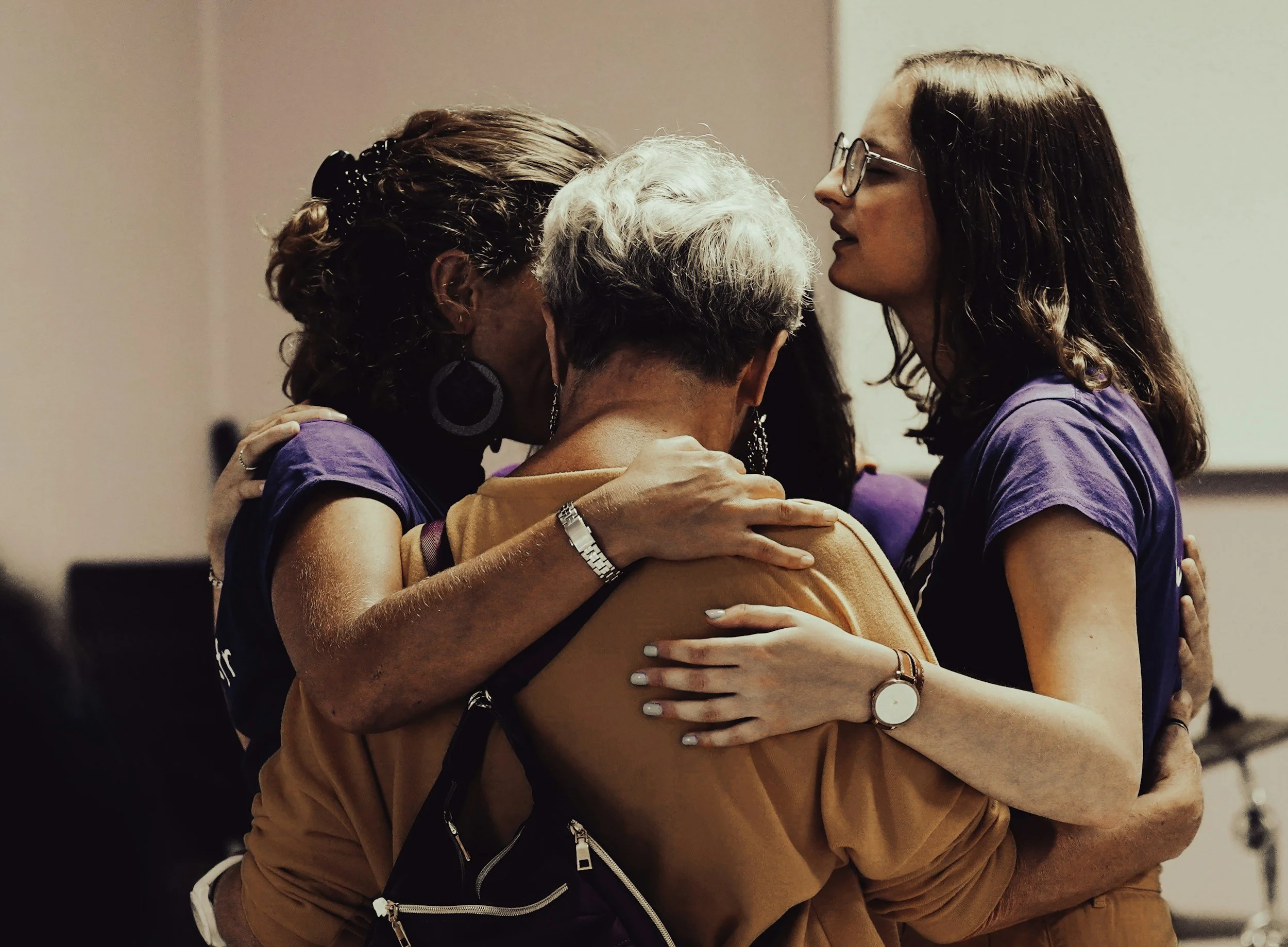
you are not alone
-
Abuse can take many forms. It doesn’t always have to leave bruises. If your partner, family member, or someone in your life is doing any of the following, it may be abuse:
Physical: Hitting, slapping, shoving, restraining, or any unwanted physical contact.
Emotional: Insults, constant criticism, humiliation, threats or manipulation.
Controlling: Isolation you from friends or family, monitoring your activities, making all major decisions without your input.
Financial: Controlling your money, preventing you from working, taking your paycheck or restricting access to shared funds.
Digital/Technological: Checking your phone, reading private messages, tracking your location or demanding passwords.
Sexual: Pressuring or forcing you into sexual activity without consent.
-
If you’re in an unsafe situation, making a plan can help you feel more prepared:
Identify safe places you could go in an emergency (a trusted friend’s house, shelter or public place).
Pack an emergency bag with important essentials
Establish a code word with someone you trust so they know when you need urgent help
Learn how to clear search history and disable location sharing on devices.
Keep important phone numbers written down.
Remember: calling 911 is always an option if you are in immediate danger.
-
Domestic violence isn’t always physical. Sometimes it’s about control, fear and power. Abuse may also look like:
Never allowing privacy
Constantly questioning where you are or who you’re with
Controlling how you dress, act or who you see.
Making you feel guilty for spending time away from them.
Withholding money, food, or necessities.
Blaming you for their anger or violence.
If you’re unsure, remember: a healthy relationship is based on respect, trust and equality.
-
Leaving is never simple. Many survivors stay for a multitude of reasons, some including:
They fear for their or their children’s safety
They rely on their partner financially
They have become isolated from family and friends
They still love their partner and hope for change
They worry they won’t be believed or supported
If you’ve ever asked yourself, “Why don’t they just leave?”- know that the answer is complicated and every situation is different. What matters is that help and support are available whenever someone is ready.
-
If someone you care about may be experiencing abuse, here’s how you can help:
Listen without judgement. Let them share when and if they’re ready.
Avoid blaming. Abuse is never the survivor’s fault.
Offer support, not pressure. Respect their choices, even if they’re not ready to leave.
Help them find resources. Share The Bright Beacon’s hotline and information with them, but let them decide when to reach out.
Check in often. Sometimes just knowing someone cares can make a world of difference.